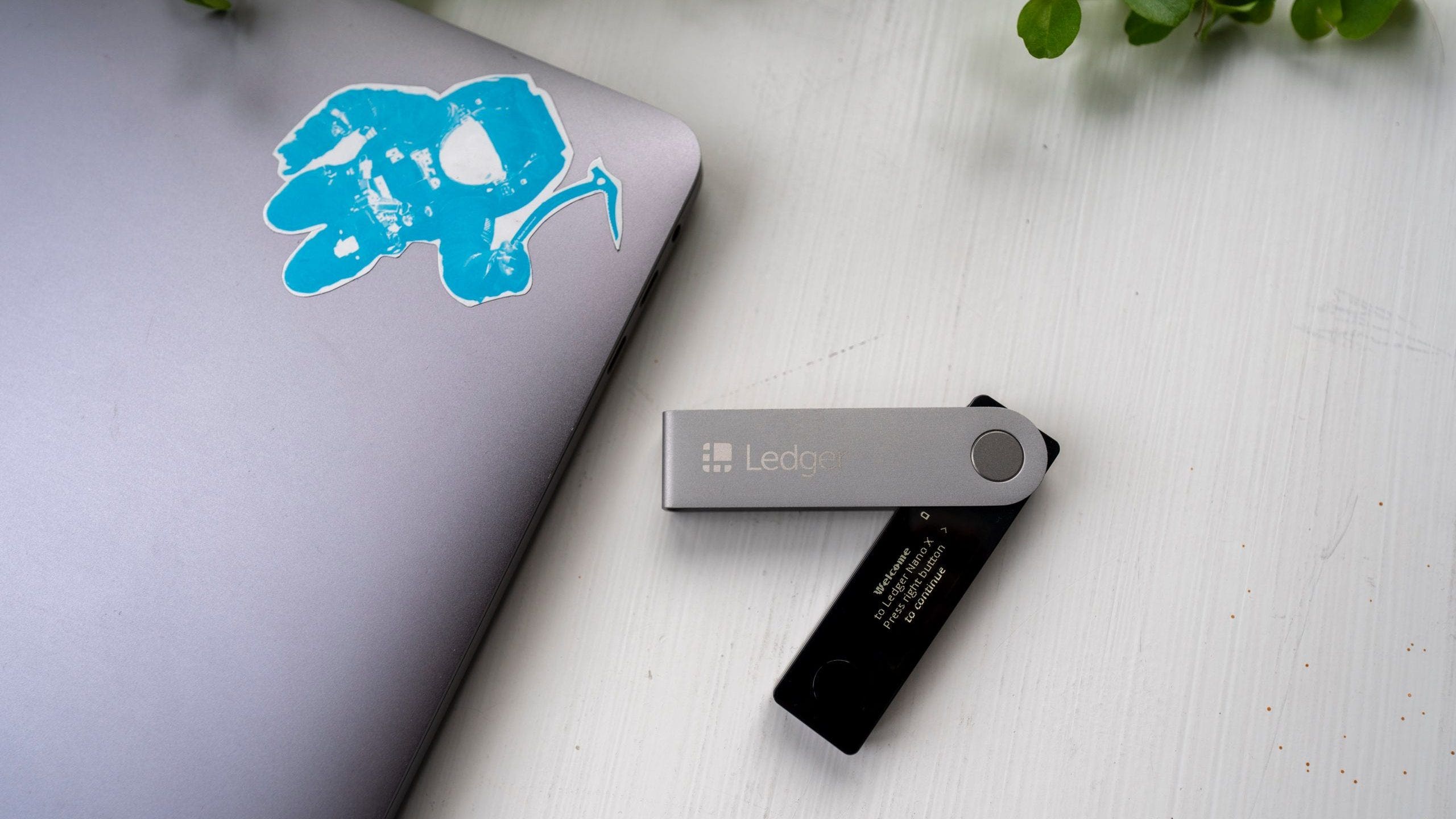
Welcome to Virtual Tech Vision, where we provide insightful analysis and bring you the latest information on tech trends. In this article, we will delve into the world of hardware wallets and explore what they are and why they are important in the realm of cryptocurrencies.
Contents
What are Hardware Wallets?
Cryptocurrencies have gained significant popularity over the years, and with that, the need for secure storage solutions has become paramount. This is where hardware wallets come into play. A hardware wallet is a physical device that securely stores your private keys offline, offering an extra layer of protection to your digital assets.
Unlike software wallets that are connected to the internet, hardware wallets keep your private keys isolated from potential online threats, such as malware or hacking attempts. By storing your private keys offline, hardware wallets ensure that your cryptocurrency holdings remain safe and secure.
How Do Hardware Wallets Work?
Hardware wallets operate by generating and storing your private keys offline, away from any potential online vulnerabilities. When you want to make a transaction or access your cryptocurrency holdings, you connect your hardware wallet to a computer or mobile device and sign the transaction securely within the device.
This signing process ensures that your private keys never leave the hardware wallet, protecting them from being compromised by external threats. The signed transaction is then sent to the blockchain network, allowing you to securely manage your digital assets.
Why Should You Consider Using a Hardware Wallet?
The security advantages offered by hardware wallets make them an attractive option for cryptocurrency holders. By keeping your private keys offline, hardware wallets provide a secure storage solution, protecting your assets from online threats.
Additionally, hardware wallets offer convenience and ease of use. With their intuitive interfaces and compatibility with various cryptocurrencies, hardware wallets provide a user-friendly experience for managing your digital assets.
FAQs
Q: Are hardware wallets compatible with all cryptocurrencies?
A: Most hardware wallets support a wide range of cryptocurrencies, including popular ones like Bitcoin (BTC) and Ethereum (ETH). However, it’s essential to check the specifications of the hardware wallet to ensure compatibility with the specific cryptocurrencies you intend to store.
Q: Can a hardware wallet be hacked?
A: Hardware wallets are designed with robust security measures to protect your private keys. While no system is entirely immune to hacking, the offline nature of hardware wallets significantly reduces the risk of unauthorized access to your digital assets.
Conclusion
In the ever-evolving world of cryptocurrencies, security is of utmost importance. Hardware wallets provide a secure and convenient way to store and manage your digital assets. By keeping your private keys offline, hardware wallets offer an extra layer of protection against potential online threats. If you value the security of your cryptocurrencies, considering a hardware wallet is a wise decision.
For more information on the latest tech trends, visit Virtual Tech Vision. Stay informed and stay ahead!







